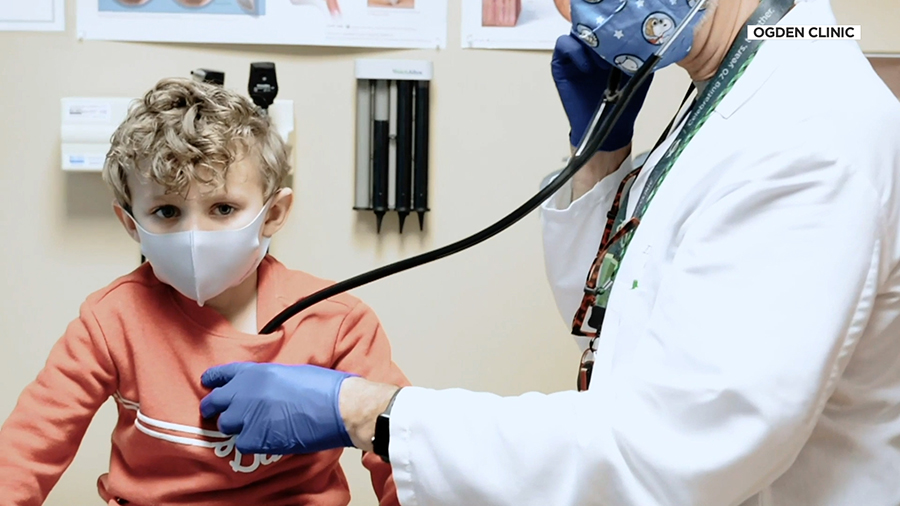Most Utah Vaccination Websites Not Compliant For Sight Impaired
Mar 12, 2021, 6:30 PM | Updated: 7:29 pm
LOGAN, Utah – While Utah ramps up efforts to vaccinate every adult in the state, advocates are increasingly concerned that the websites used for scheduling appointments are less accessible to people who are sight-impaired.
Most health departments in Utah have been asked to fix their websites.
Researchers at the Center for Persons with Disabilities at Utah State University in Logan checked 50 websites for vaccine registrations. They found that all but two sites had multiple barriers for people who are sight challenged.
For most, websites are seen. But for some, they are heard. The surfing is done with the help of a computerized voice this is generated by screen-reading software.
Turns out, the vast majority of web pages in Utah for getting the vaccine, are not properly accessible for people with sight impairments. The types of problems that can cause, and why the Center for People with Disabilities is asking Health Departments to fix it. @KSL5TV at 6. pic.twitter.com/IXXPYtJN1Y
— Mike Anderson (@mikeandersonKSL) March 13, 2021
“Somebody that is blind, that is used to using this technology and hearing that computerized voice is going to be very used to that,” said Jared Smith, project coordinator for Web Accessibility in Mind.
He said the vast majority of websites that are used to schedule vaccine shots in Utah are not properly tuned for those programs.
“And if there were things on this page that are not able to be ready by that screen technology, somebody that can’t see that page would really be stuck,” Smith said.
Smith said the text reader software would miss something like a text box on a web page. “So you wouldn’t know if a text box is for your name or birth date or some other information,” he explained.
Picture links are also a problem. “So a screen reader user navigating through this page would simply hear the same ambiguous information,” he said.
On average, Smith said, pages he reviewed had 22 or more of these problems. “Those frustrations may just cause them to give up entirely.”
It’s something no one wants to see happen as COVID-19 case counts drop and the number of vaccinations increases.
Smith said there is no excuse for this.
“They should know better. There are guidelines that are laws. The Americans With Disabilities Act prohibits discrimination on websites, so this is not something new.”
The rollout for the websites happened so quickly that Smith said accessibility was overlooked.
In many cases, third-party companies designed these sites for health departments.
Smith said many of the concerns are being worked on right now.














